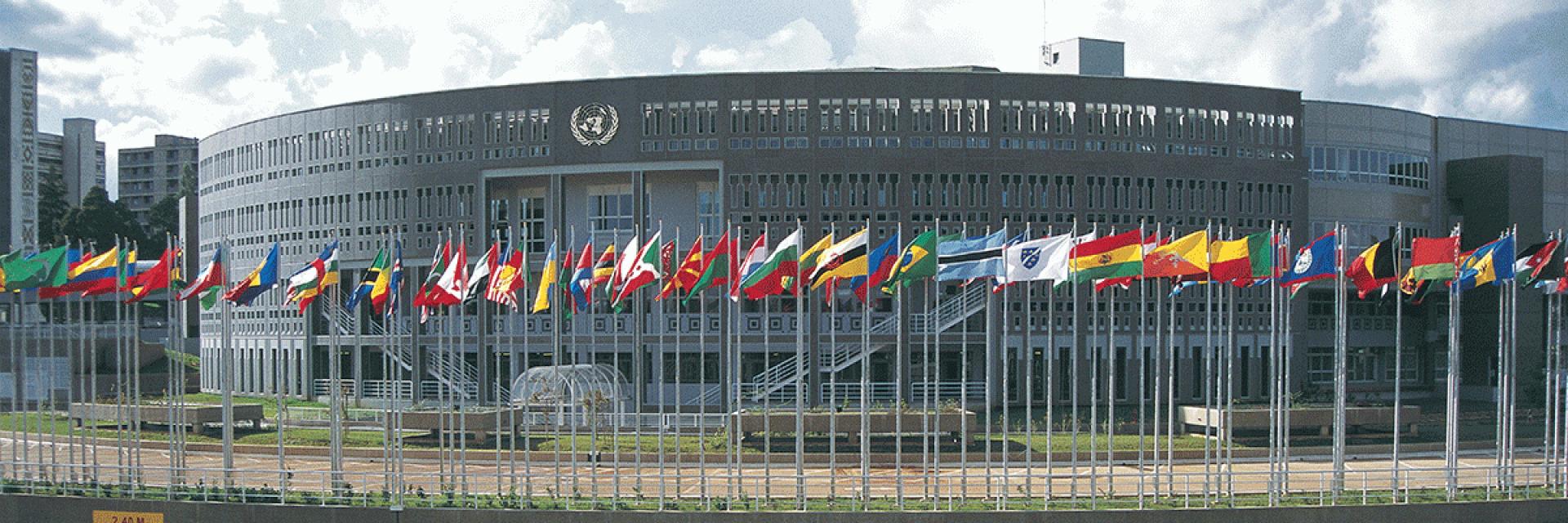Context
COP26 was decidedly crucial, and promised so much. The 6th Assessment Report of Working Group 1 of IPCC and the UNEP Emissions Gap Report, both delivered ahead of COP26, emphasized the urgency with which ambitious climate actions have to be implemented to not only avoid irreversible interference with the climate system, but also to put in place systems and mechanisms to support the adaptation of economies and ecosystems to the impacts of already warming climate variability and change.
Africa had many demands for COP26, including meeting and exceeding the $100 billion/year pledges; the prioritization of adaptation; conclusion of negotiations on Article 6, including specification of use of proceeds; the finalization of the Warsaw Mechanism on Loss and Damage; and of course the expectation that developed countries world would put forward concrete actions demonstrating greater ambition and putting us on a pathway to achieving the target of limiting warming to 1.5 degrees.
The negotiations were complex, and the outcomes were very much compromises between sometimes very divergent positions. African leaders called upon high emitting countries to drastically cut their emissions, and pointed out the inadequacies of current NDCs. Already before the COP started, the COP presidency announced that the rich nations would only be able to meet their pledge to provide $100 billion a year as climate finance to developing countries by 2023. The COP26 announced that around $500 billion would be mobilized by 2025, and urged nations to double the proportion of climate finance going to adaptation.
Even before the COP adjourned, there already was considerable debate about the extent to which COP26 was a successful COP in terms of meeting the priorities set by the COP Presidency. Many view the Glasgow Climate Pact as very much a compromise text which seeks to appeal to all stakeholders, and thus does little to address the special circumstances and needs of developing nations. Africa is home to six Small Island Developing States, and thirty-three (33) Least Developed Countries. Africa is warming faster that other regions and its economies are estimated to be losing on average 5% of GDP as a result of climate change impacts, while some countries are spending up to 9% of their budgets on unplanned responses to extreme weather events caused by climate change. Furthermore, the continent is also saddled with high levels of debt, and its economies have been ravaged by the impacts of the COVID-19 pandemic.
Africa is also the least energised region with 78% of the close to 760 million people globally without access to electricity and 36% of the 2.6 billion people without access to clean cooking energy solutions. Yet, the continent as abundant energy resources – both fossil and renewable. The global agenda on the energy transition has huge implications on how Africa will resolve its chronic energy access deficit to industrialise and grow their economies, while responding to climate change. It is thus critical to understand what a just energy transition means for Africa in light of the COP26 outcomes.
Given these conditions, what did COP deliver on African expectations? Given that COP27 will be hosted in Africa, what can we expect to achieve going forward?
In regards to agriculture, food security and land use, it was comforting that sustainable agriculture and land use was mentioned at cOP26 and many governments and high profile private companies committed to being “nature Positive” agreeing to work towards halting and reversing the decline of nature by 2030. For instance, Brazil’s plan to scale its ABC+ low carbon farming programme to 72m hectares, saving 1 billion tonnes of emissions by 2030.
Commitments made by countries helped to realize the Glasgow Leaders’ Declaration on Forests and Land Use which is now endorsed by 134 countries covering 91% of the world’s forests. The Declaration aims to halt and reverse forest loss and land degradation by 2030.
Objective
Considering the foregoing issues, ACPC will convene a webinar on the 13th December 2021 to initiate discussions by African stakeholders on the outcomes of COP26 and their implications for Africa, and build consensus on what COP27 should deliver in order to ensure an equitable climate response regime which guarantees the achievement of the 1.5 degrees’ goal while at the same time ensuring a just transition to a more sustainable, green and resilient continent.
Documents

